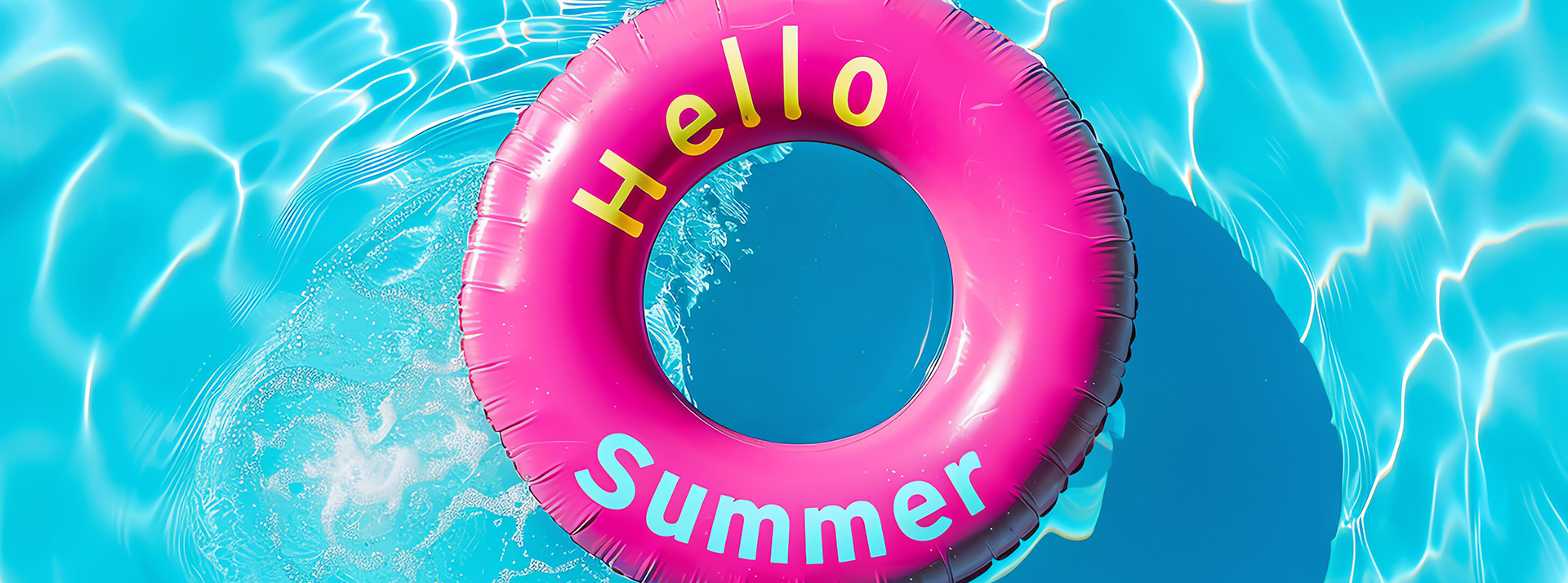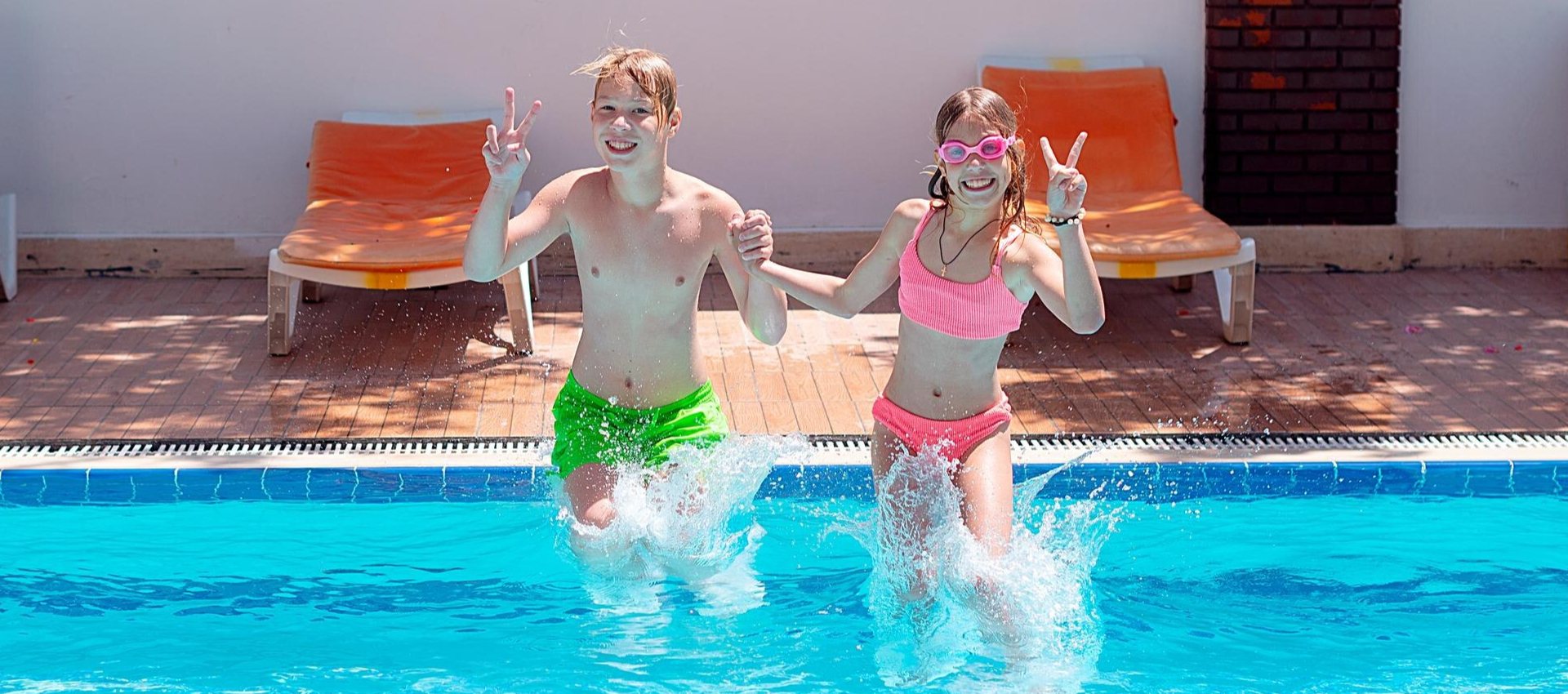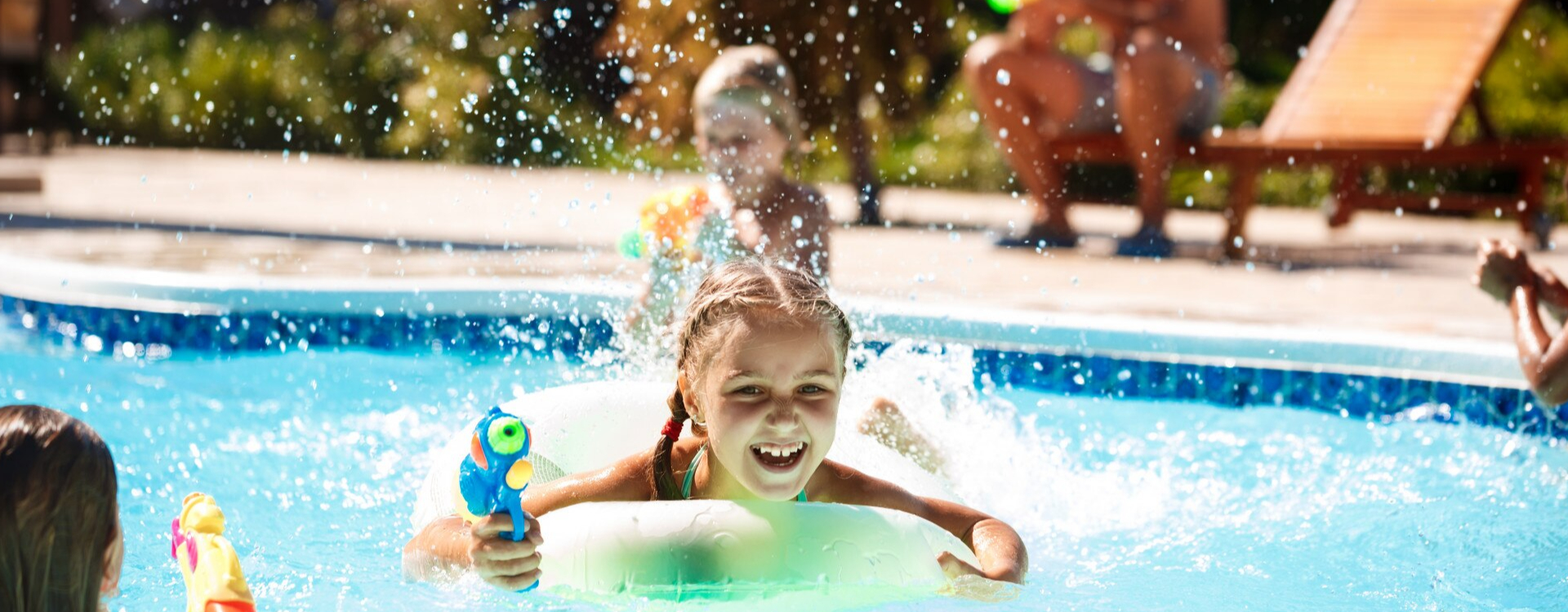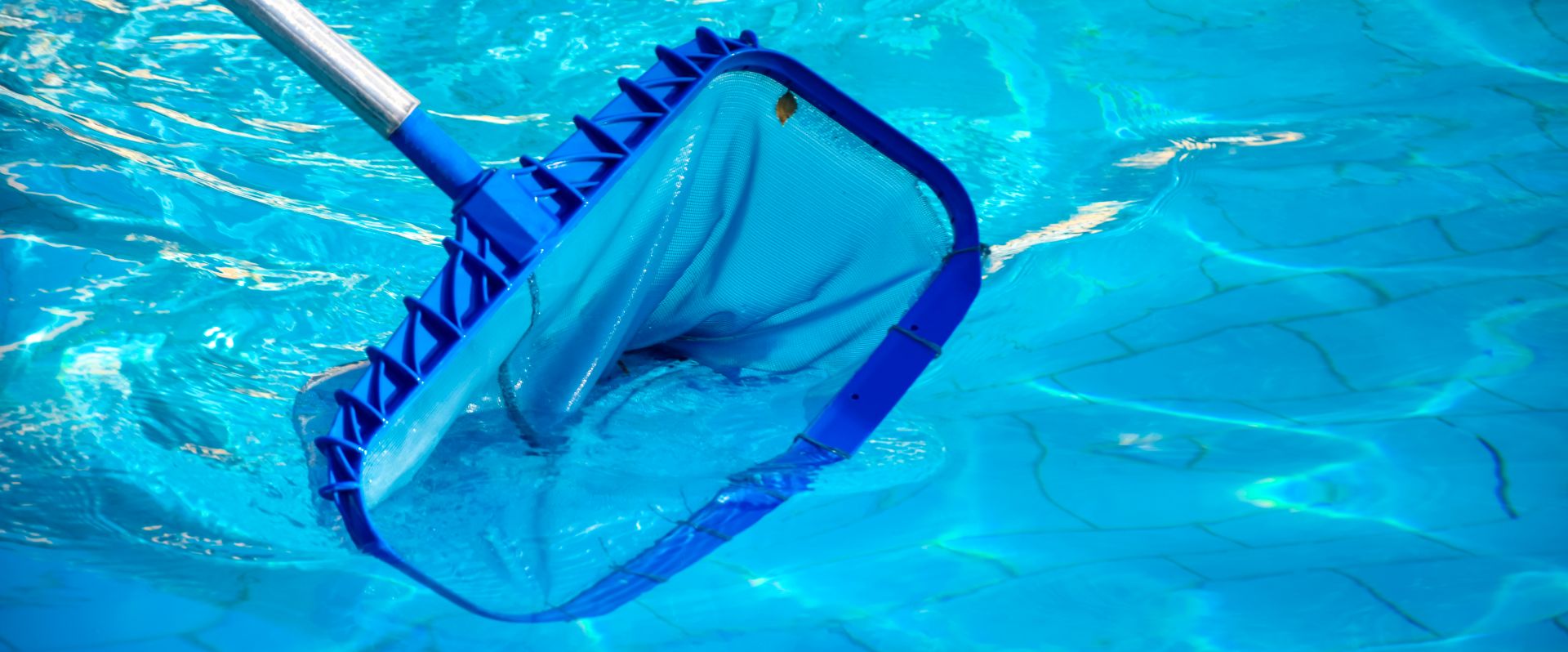The Importance of Hiring a Professional Pool Cleaning Service
Owning a pool can be a great source of enjoyment and relaxation, but maintaining it is a different story. While some homeowners may try to handle pool care on their own, there are many reasons why hiring a professional pool cleaning service is a smart investment.
1. Ensure Proper Chemical Balance
Maintaining the right chemical balance in your pool is essential for keeping the water safe and comfortable to swim in. Too much chlorine or incorrect pH levels can lead to skin irritation, cloudy water, or even algae growth. Professional pool cleaners have the expertise to monitor and adjust the chemicals to maintain a safe, balanced environment. This not only protects swimmers but also prevents damage to your pool equipment and surfaces.
2. Save Time and Effort
Pool maintenance involves a lot of work, including skimming, brushing, vacuuming, and emptying filters. It can take hours every week to keep a pool in good condition. By hiring a pool cleaning service, you save time and effort while ensuring your pool stays in pristine condition. Instead of spending your weekends on pool chores, you can spend them enjoying your pool!
3. Prevent Costly Repairs
A neglected pool can develop problems that require expensive repairs. Regular professional cleaning services can catch small issues, such as malfunctioning equipment or cracks, before they become major problems. Routine inspections by pool experts help you avoid costly repairs and prolong the life of your pool’s filtration system, pumps, and other equipment.
4. Extend the Life of Your Pool
A well-maintained pool lasts longer. Professional pool cleaners have the tools and knowledge to properly care for your pool’s surfaces, whether it’s tile, plaster, or vinyl. By regularly cleaning and maintaining the pool, you can extend its lifespan and avoid the need for major renovations down the line.
5. Keep Your Pool Crystal Clear
No one wants to swim in murky, debris-filled water. Professional cleaners not only handle chemical balancing but also take care of debris removal, vacuuming, and scrubbing. They ensure your pool looks as inviting as possible, with crystal-clear water that’s always ready for a dip.
6. Eco-Friendly and Energy Efficient
Hiring a pool cleaning service can also help you make your pool more eco-friendly and energy-efficient. Professionals can advise on energy-saving practices and equipment, such as variable-speed pumps or solar-powered heaters. They also offer green cleaning solutions that minimize the use of harsh chemicals, keeping both your pool and the environment healthier.
7. Peace of Mind
Perhaps one of the most significant benefits of hiring a pool cleaning service is peace of mind. Knowing that experts are regularly checking and maintaining your pool means you can relax and enjoy it without worrying about safety issues or unexpected maintenance problems.
Conclusion
Maintaining a pool is more than just keeping it clean; it’s about ensuring a safe, healthy, and long-lasting space for family and friends to enjoy. By hiring a professional pool cleaning service, you ensure your pool is well cared for, while saving time, money, and effort. Let the experts handle the hard work, so all you have to do is enjoy the refreshing, sparkling waters.
Ready to hire a pool cleaning service? Contact us today to learn more about how we can help you maintain the perfect pool!









